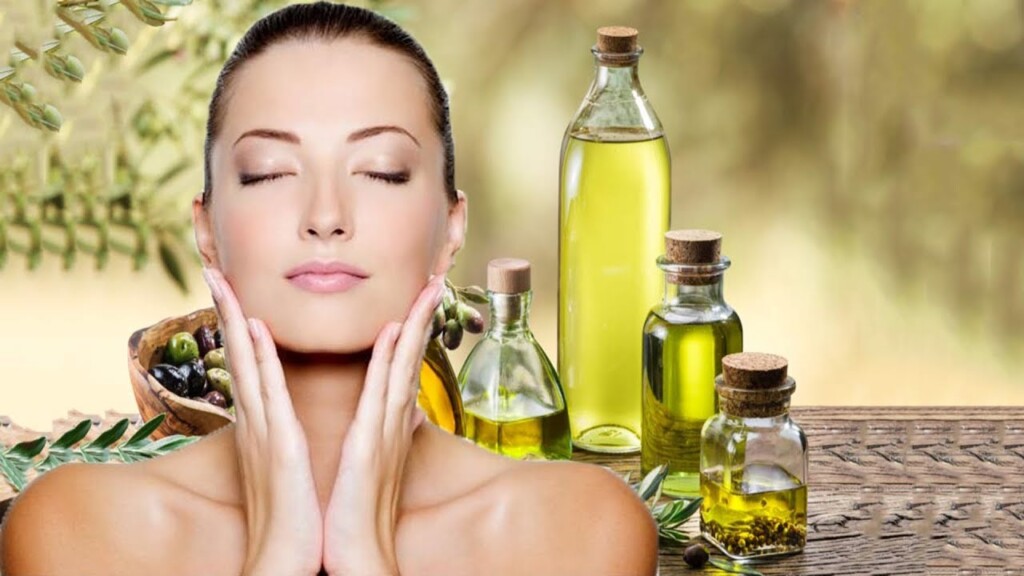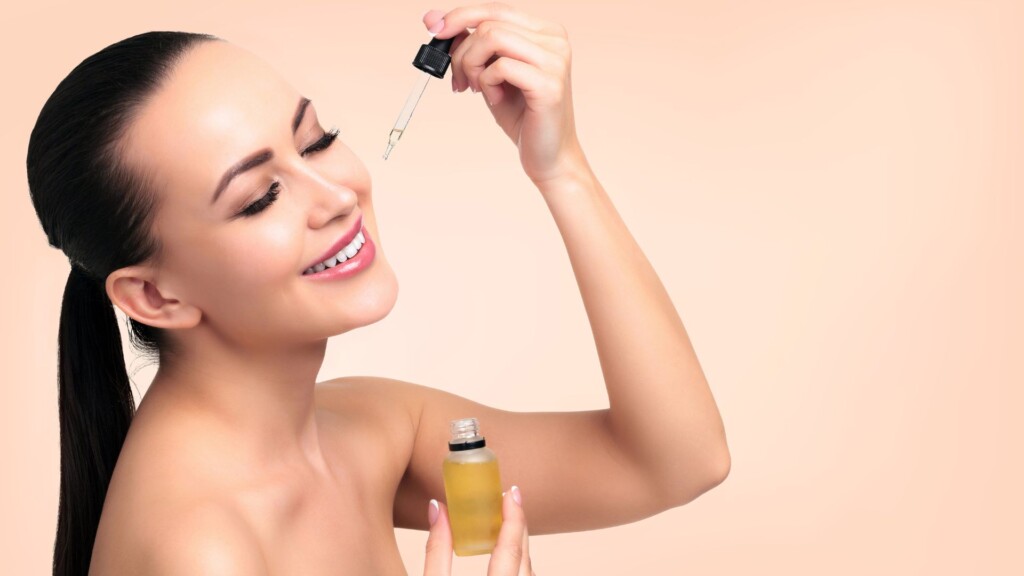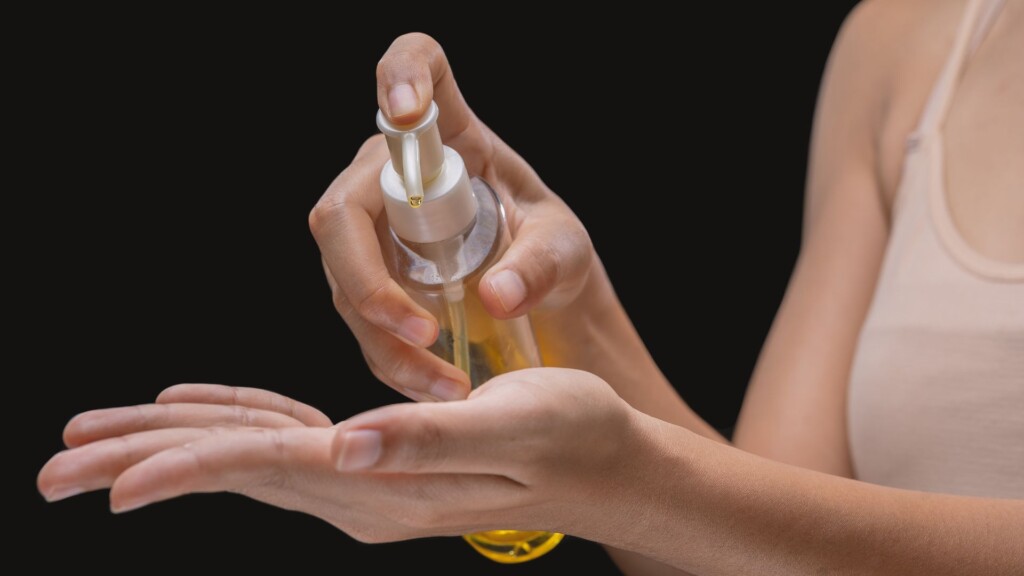Essential oils are powerful natural compounds that can have a significant impact on your health and well-being. They can be used in aromatherapy to help relax or uplift the mind, they can be added to personal care products to promote a healthy scent or they can even be taken as a supplement. However, many people aren’t aware of how using particular oils in different ways can help them achieve their wellness goals.
Carrier oils are one of the many ways you can use olive oil as part of your holistic wellness routine. They do so much more than just providing lubrication for your hair and scalp by absorbing excess moisture. In fact, there are so many benefits to olive oil when it’s used as a carrier oil that its versatility is almost limitless.
What is a Carrier Oil?
A carrier oil is a liquid that is used as a base for other essential oils. There are many different carrier oils available, including jojoba, grapeseed, sunflower, apricot, almond, and olive oils. Essential oils are natural compounds that are derived from plants. They are potent and powerful, and they can be used in a variety of ways.
The most common application of essential oils is aromatherapy. Aromatherapy is the use of essential oils for the purpose of improving the mind, body, and spirit. Carrier oils are the oils used to dilute essential oils. They are easily absorbed into the skin, hair, and scalp. Some carriers can also serve as moisturizers. There are many different carrier oils available, including jojoba, grapeseed, sunflower, apricot, almond, and olive oils.

Why Use Olive Oil as a Carrier Oil?
As we’ve discussed, it has many benefits that make it a great carrier oil. One of the best things about it is that it’s easily accessible and inexpensive. You can find it at almost any grocery store and even some natural grocery stores. There are also many online retailers that offer olive oil as an option for purchase.
When you choose to use it as a carrier oil, you can use it in a variety of ways. You can incorporate olive oil into your bath to provide moisturizing benefits and help prevent dryness. You can mix a few drops of olive oil with your shampoo to add a touch of nutrition to your hair while also cleaning it. You can also use it as a natural moisturizer on your lips, cuticles, and feet to prevent dryness and help maintain normal skin hydration.
How to Use Olive oil as a Carrier Oil?
There are many ways to use olive oil as a carrier oil. The easiest way is to simply apply it to your hair, scalp, and nails as you would any moisturizing moisturizer. You can also mix a few drops of olive oil with your bath water to help nourish your skin and hair. You can also use olive oil as a lip moisturizer. Simply rub a few drops of it onto your lips, then gently massage it in for added benefits.
You can also use olive oil as a carrier oil when diffusing essential oils. Simply apply a few drops of olive oil to the ends of your hair where you typically diffuse, and then apply the essential oil as normal.
Olive Oil Benefits on Skin
Olive Oil: A Shield Against Aging
The most accredited theory to explain aging is free radical peroxidation. Oxygen free radicals cause progressive damage to biological membranes and subcellular organelles, impairing their functionality. With aging, biological membrane sensitivity to peroxidative phenomena increases with a progressive loss of functionality.
The skin represents the mirror of the aging process, but in this area, next to the general physiological processes, an important role is played by photoaging caused by solar rays, in which oxygen free radicals also play an important role.
The Power of Antioxidants
The body defends itself against peroxidative damage with antioxidants, some of which are naturally present and some of which are in the form of foods. Olive oil is rich in antioxidants like tocopherols, carotenoids, and polyphenols. These antioxidants have the ability to bind metal ions that catalyze free radical formation, inhibit platelet aggregation, reduce plasma cholesterol level, inhibit low-density lipoprotein (LDL) oxidation, and even inhibit some cancer-forming chemicals.
Olive Oil and Skin Protection
UV rays cause skin tissue damage with the possibility of tumor transformation. However, an adequate intake of antioxidants can act favorably to combat, both generally and locally, degenerative processes tied to both aging and solar radiation. This can be accomplished by the regular intake of fruits and vegetables with extra virgin olive oil. Exposure to solar rays determines a serious loss of antioxidant factors in the skin.
It has been observed that after 30 minutes of UV exposure, the level of α-tocopherol in the skin is reduced by 50% to 60%. The topical application of α-tocopherol clearly reduces damage, and the same positive effect, although to a lesser degree, is seen when the α-tocopherol is taken orally.
The Mediterranean Secret
The longevity of Italy’s population is one of the world’s highest, and it seems natural to ascribe it mainly to the Mediterranean diet, which more precisely should be called the Greco-Latin diet, rich in fruits and vegetables but also in virgin olive oil.

Olive Oil and its By-products
The olive oil extraction process produces large amounts of by-products, such as olive pomace, leaves, and olive mill wastewater. While these by-products were once considered harmful to the environment, recent studies have shown that they are treasure troves of phenolic components like oleuropein, hydroxytyrosol, and tyrosol. These components, once recovered and treated, can be harnessed for their health-promoting properties, opening up new avenues in the cosmetic and pharmaceutical industries.
Phenolic Compounds: The Secret Ingredient
Phenolic compounds are found in vast quantities in the remains from olive oil processing. The phenolic profile of the extracts obtained from these by-products depends on several factors, including the cultivar, fruit maturation, climatic conditions, and the olive oil extraction process.
Oleuropein, hydroxytyrosol, and tyrosol are examples of these phenolic compounds. These compounds are known for their antioxidant properties, which can help protect the skin from damage caused by free radicals.
The Skin Health Benefits
The phenolic compounds extracted from olive oil by-products present numerous health properties. They can be used as antioxidants, photoprotectors, anti-inflammatory, and/or antimicrobial agents in wellness and therapeutics of the skin. They have a high positive impact in treating skin disorders, making them a promising ingredient in skincare products.
For instance, research has shown that phenols recovered from olive mill wastewaters can be used as UV boosters in cosmetics. This means that these by-products can be used in formulations for topical application, providing an extra layer of protection against harmful UV rays.
Olive Leaf Extracts: A Natural Sunscreen
Olive leaf extracts have shown potential in photoprotection. They have synergistic effects with UV filters and have improved the in vitro SPF values of sunscreen formulations. This makes them a natural and effective alternative to chemical sunscreens, which can sometimes cause skin irritation or allergies.

Olive Oil: A Shield for Your Skin
Olive oil is rich in antioxidants like tocopherols, carotenoids, and polyphenols. These antioxidants can bind metal ions that catalyze free radical formation, inhibit platelet aggregation, reduce plasma cholesterol levels, inhibit low-density lipoprotein (LDL) oxidation, and even inhibit some cancer-forming chemicals. This makes olive oil a powerful shield against oxidative stress, aging, and skin damage.
Topical Applications for Dermatologic Conditions
Olive oil has been used in topical applications for the treatment of several skin conditions, including dry skin, itch, and inflammation. It has also been used in the treatment of disorders such as rosacea. However, it’s worth noting that while olive oil can be beneficial for certain skin conditions, it may not be suitable for all.
For instance, some studies suggest that the use of olive oil should be discouraged for treating dry skin and in infant massage as it may compromise the integrity of the stratum corneum, the outermost layer of the skin.
Conclusion
There are many reasons to incorporate olive oil into your wellness routine. It can be used as a carrier oil for diffusing essential oils, a natural moisturizer, a conditioner, and a lip moisturizer. You can also use it as a base for your bath water, shampoo, and lips. Choose any oil you like, store it in a cool, dark place, and be sure to refrigerate it if you’re not going to use it right away.
You can also use olive oil in place of other carrier oils. This versatility makes it an excellent choice for your carrier oil needs. Whether you’re looking to relax, nourish, or moisturize your body or hair, it is a great choice.
FAQ
Can I use olive oil directly on my face?
Yes, you can useolive oil directly on your face. Olive oil is rich in antioxidants, vitamins, and fatty acids, which can help nourish and moisturize your skin. To use olive oil on your face, follow these steps:
- Choose a high-quality, cold-pressed extra virgin olive oil for the best results.
- Cleanse your face thoroughly.
- Warm a few drops of olive oil between your palms.
- Gently massage the oil onto your face, avoiding the eye area.
- Allow the oil to sit for a few minutes before rinsing with warm water or wiping off with a soft cloth.
It is important to note that while olive oil is generally safe for most skin types, it may not be suitable for everyone. If you have oily or acne-prone skin, it may exacerbate your skin concerns. Always patch test on a small area of your skin before applying it to your entire face.
Can olive oil make your skin glow?
Olive oil has the potential to make your skin glow by providing deep nourishment and hydration. The vitamins and antioxidants in olive oil can help repair skin damage, improve elasticity, and reduce the appearance of fine lines and wrinkles. Regular use of olive oil can result in a more radiant and healthy-looking complexion.

Which is better: olive oil or coconut oil?
Both olive oil and coconut oil have their unique benefits for skin care, and the choice between them depends on your skin type, preferences, and specific needs. Olive oil is known for its antioxidant properties, making it a good option for mature or dry skin. It also has a heavier texture, which may be more suitable for those with dry skin.
Coconut oil, on the other hand, is lighter and has antibacterial and antifungal properties, which can be helpful for those with acne-prone or oily skin. However, it is also comedogenic, meaning it can clog pores and cause breakouts for some individuals. Always patch test before using any new oil on your skin.
Is drinking extra virgin olive oil good for skin?
Drinking extra virgin olive oil can provide some benefits for your skin. It is rich in antioxidants, monounsaturated fats, and vitamins that help maintain skin health, promote a healthy inflammatory response, and protect against environmental damage.
Consuming olive oil as part of a healthy diet can contribute to overall skin health and appearance. However, it is important to consume olive oil in moderation and as part of a balanced diet, as excessive intake can lead to weight gain and other health issues.




